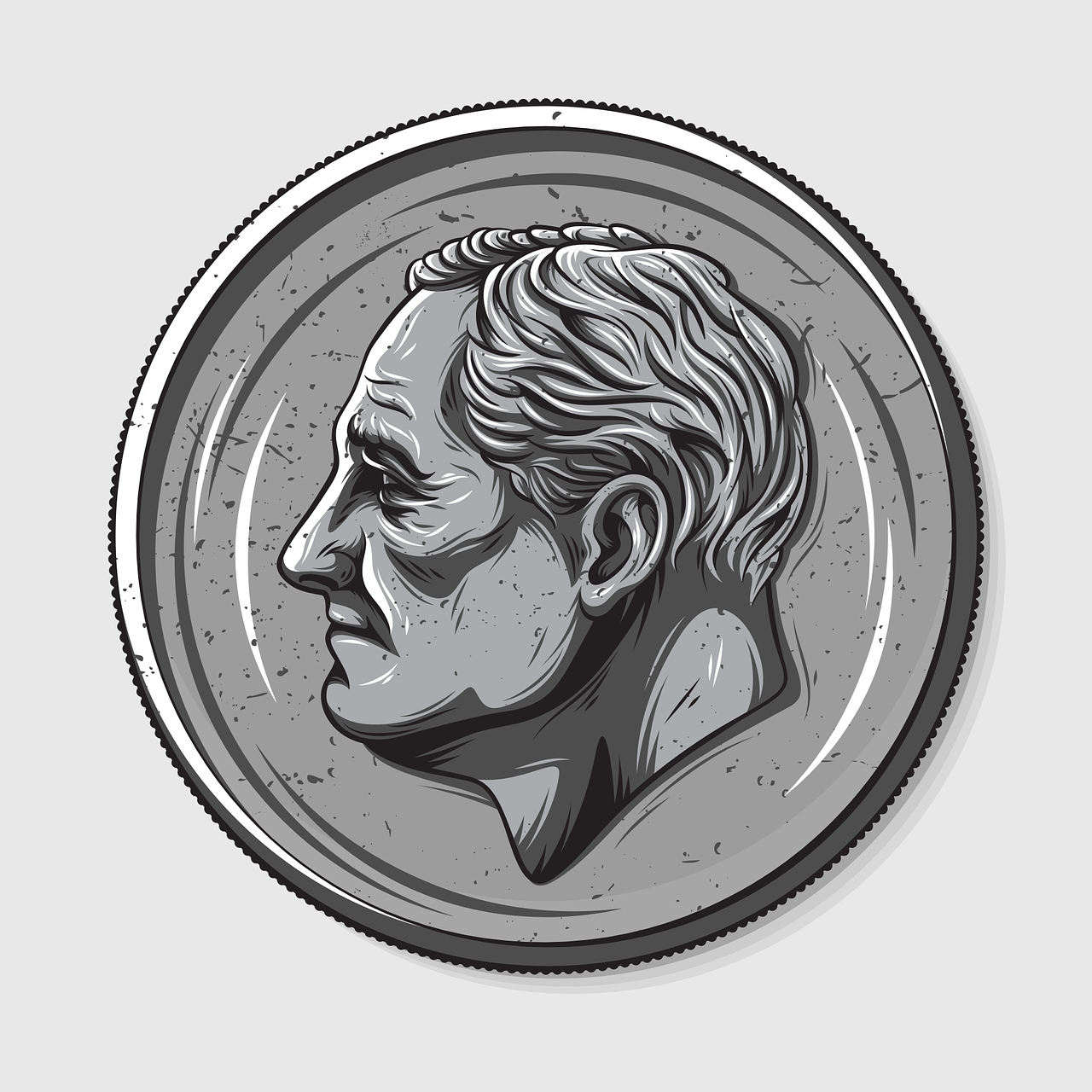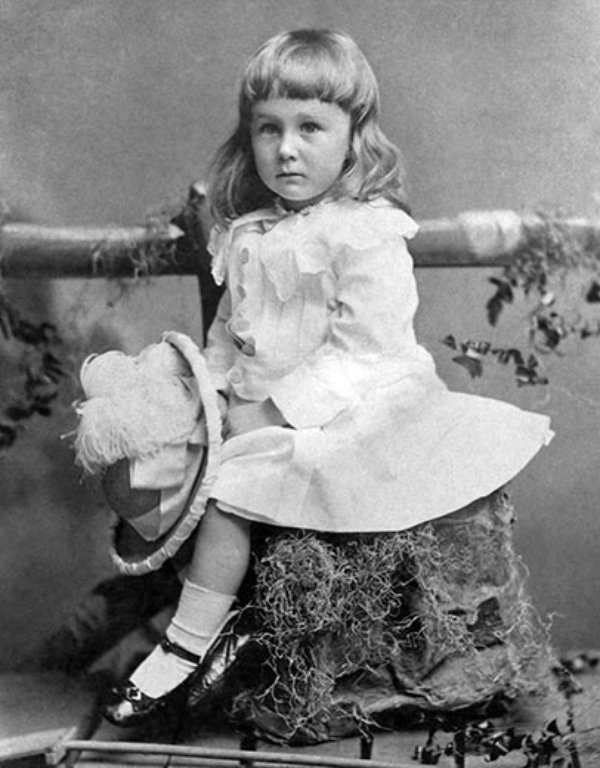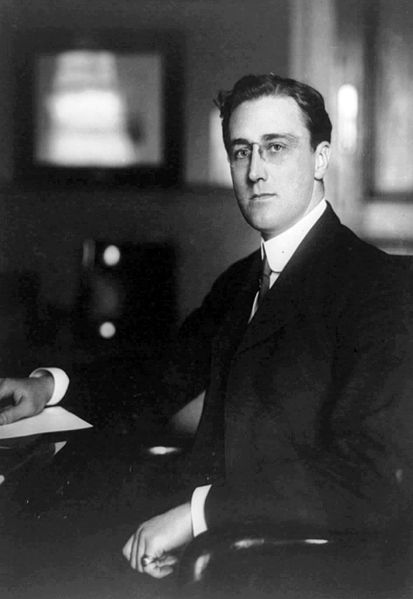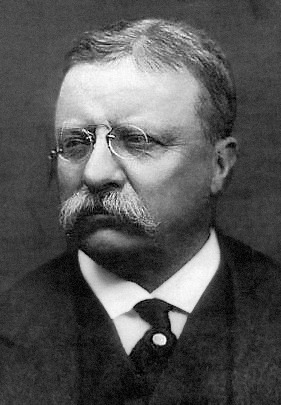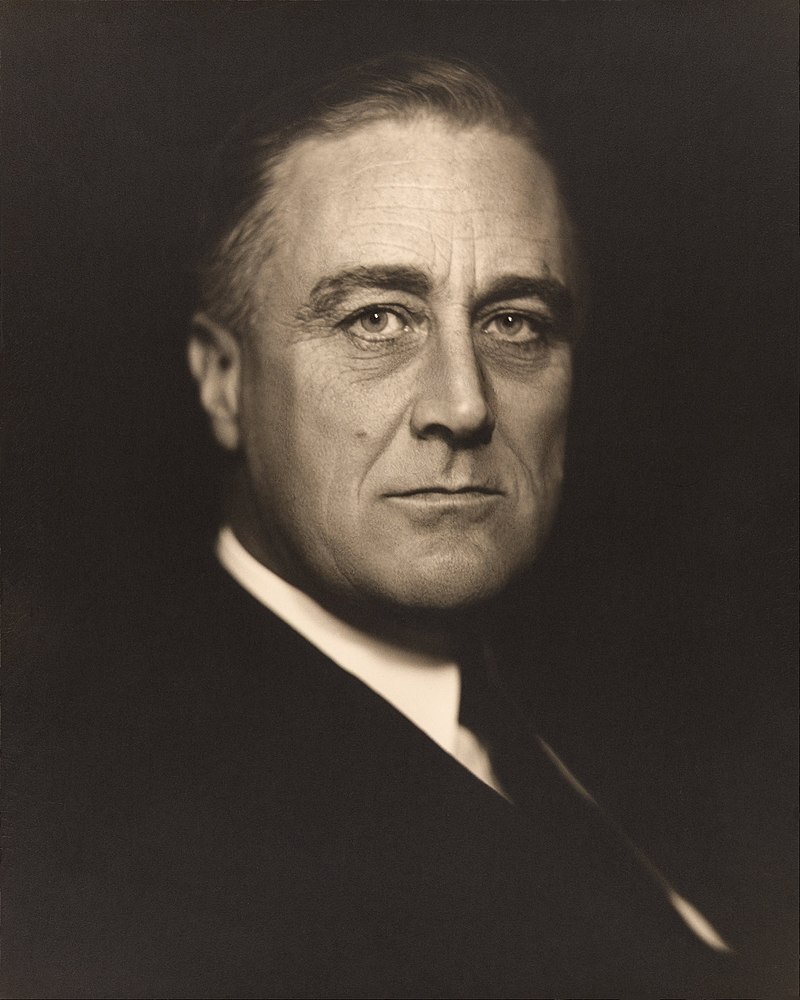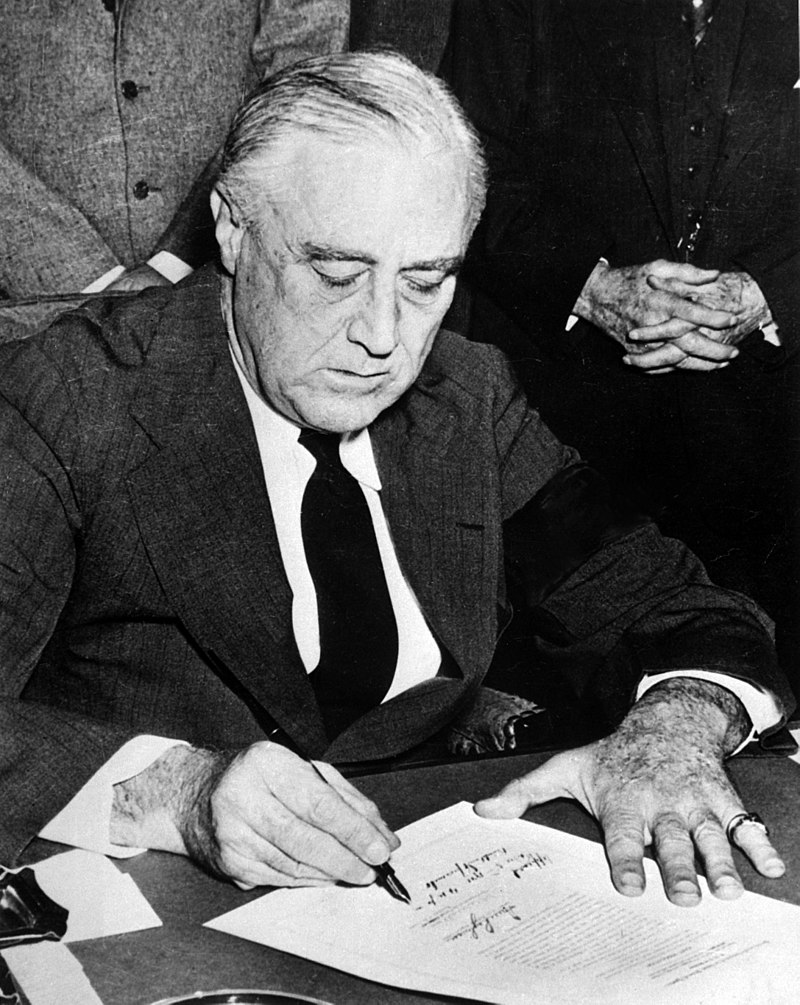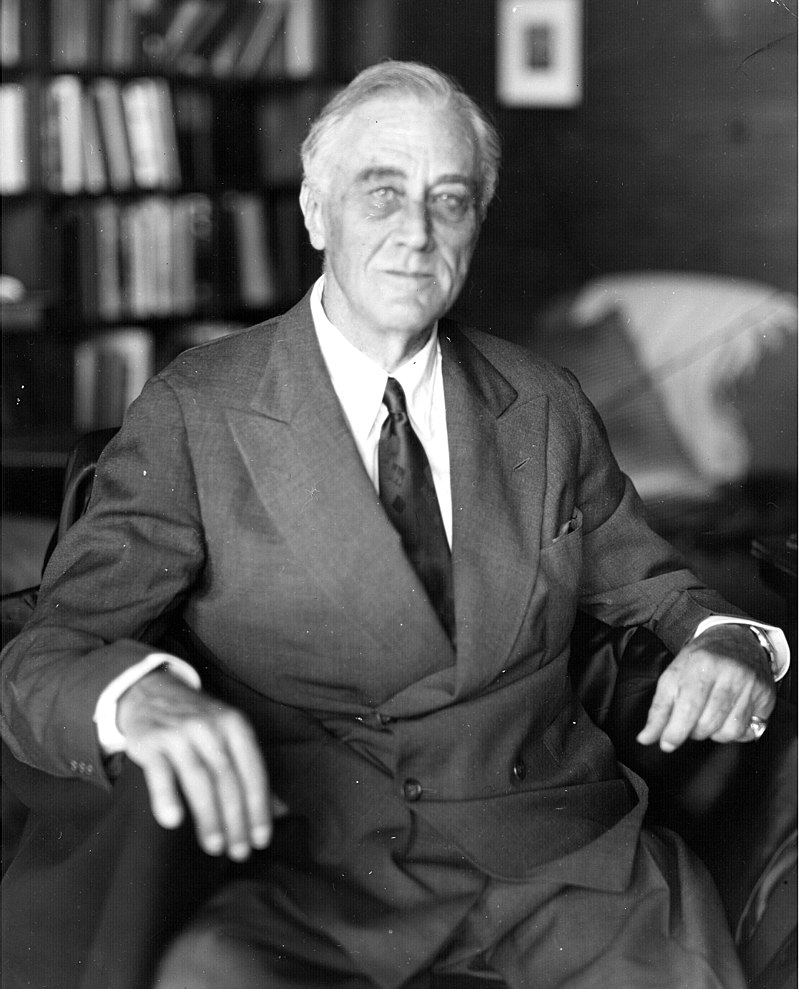Franklin Delano Roosevelt was a well-known American politician often referred to by his initials, FDR. He served as the 32nd president of the world power, the United States, for eleven years, from 1933 till his death in 1945. He was a staunch democratic and held the national record of winning four consecutive presidential elections during his tenure.
FDR assumed the presidency during one of the bleakest times in the history of the US, the Great Economic Depression. The way he led the nation confidently through difficult times gained him extreme fame and support from all over the country. He also became a critical figure in world events during the initial times of the 20th century.
Roosevelt’s resilience and prudent leadership skills helped him intelligently direct the country’s national and international policies through the Great Depression. One of the most appreciated decisions taken under the FDR presidency was the implementation of the New Deal, a crucial domestic plan to deal with the worst economic crisis in the history of the country.
Franklin Delano Roosevelt is also credited for making important effective decisions in the face of the country’s extreme difficulties. He is the one who initiated the New Deal Coalition, furthering modern liberalism in the US in the middle of the 20th century.
Early Life of FDR
Being the only child of James and Sara Delano Roosevelt, Franklin Delano Roosevelt was given special attention during his private education at home till the age of 14. Young Roosevelt then pursued his education at the Gorton Preparatory School in Gorton, Massachusetts. The main focus of Franklin’s education was to inculcate Christian stewardship through public service and care for the less fortunate.
Roosevelt started university in 1900 when he entered Harvard University. Though his academic record was not the most impressive or included in the top tier, he was active in extracurricular activities and had the most exciting social life.
Somewhere amid Roosevelt’s exhilarating social life and extracurricular activities, he was so impressed by one of his fifth cousins, Theodore Roosevelt, that he got interested in politics. Theodore Roosevelt was a progressive champion advocating a significant role in shaping the country’s economic policies.
It was the same time that FDR fell in love with Eleanor Roosevelt, the niece of Theodore Roosevelt, and they got engaged when he was finishing his final year at Harvard. The wedding took place on March 17th, 1905. Eleanor Roosevelt worked for a charity dedicated to eradicating poverty in New York.
Later, Franklin joined Columbia University Law School to further his education. However, his lack of interest in his studies had not changed, and his indifferent attitude toward the legal profession halted his career.
Political Life of Franklin Roosevelt
Franklin greatly admired his cousin Theodore Roosevelt, which is why he entered politics. However, upon entering, he chose to follow in his father’s footsteps and joined the Democratic Party. He initially ran for a seat in the New York State Assembly. The campaign ended following the decision of Lewis Stuyvesant Chanler choosing to seek re-election.
Instead of putting his political career on hold, Franklin D. Roosevelt ran for a seat in the Senate in New York State, where his major competitor was his cousin. Although the election districts were heavily Republican, and all the odds were in favor of Theodore Roosevelt, Franklin had a surprising victory in 1910.
He was not even 29 when he won the seat and gained national attention by leading a small group of insurgents who did not support Billy Sheehan, the US Senate candidate in Albany. He fought on numerous fronts for the insurgents’ rights until Tammany Hall, the New York City Democratic organization, had to replace their US Senate candidate.
For the impressive work Roosevelt performed for Wilson, he was appointed as the secretary of the navy in March 1913. Roosevelt felt at home – he loved the sea and naval rituals and had extensive knowledge. In 1920, when President Wilson appointed Franklin as the Assistant Secretary of the Navy while he also ran for the nominee for Vice President by the Democratic Party.
Franklin D. Roosevelt during the Great Depression
Even after being afflicted with an incurable and paralyzing disease, FDR never gave up. He was struck with poliomyelitis and lost the function of both legs, yet, he went on with his political career with his wife and a dedicated journalist who kept motivating him.
His resilience as a governor, warrior, and survivor of a terminating illness made him emerge as a hero. The public loved him and trusted him dearly. All his efforts and motivation paid off when he was elected president in 1932.
The Great Depression worsened with every passing day of Roosevelt’s presidency. Amidst factory closures, farms degenerating, bank failures, and unemployment at its peak, Roosevelt launched the New Deal programs in the country. He ordered the closing of all the banks to help stop the depositors’ panic.
His policies helped increase the employment rate while other agencies helped businesses and labor stand on their feet. This extreme level of public relief resulted in enhanced government involvement in Americans’ social and economic lives. However, the public fully supported Roosevelt and his policies.
Other policies by Roosevelt’s government, including Works Projects Administration providing jobs for laborers, artists, writers, and authors, and the Social Security system protecting the unemployed and old-age citizens, resulted in him becoming the president of the US for the second time without any obstacle.
He went on to win two more terms as the American president setting a record in the history of American politics.
World War II and Roosevelt’s Governance
Roosevelt focused on the good neighbor policy and drafted policies to keep America out of any war in Europe. However, in the face of Nazi aggression, France falling, and Britain falling apart, Roosevelt sent every war aid except the military.
The stance of Roosevelt’s government took a sudden and complete U-turn following the fall of France in 1940. America declared to aid the foes of Germany and Italy. However, the actual entrance of America in the Second World War was not until the Japanese attacked Pearl Harbor.
Roosevelt led the nation through the war with extreme diligence. He loved exercising the role of Commander-in-Chief of the Armed Forces and developed the best wartime strategies. He was one of the frontrunners in creating a Grand Alliance in the form of establishing the United Nations in 1942.
Declining Health of Franklin D. Roosevelt
Even before the Yalta Conference, Roosevelt had been suffering from arteriosclerosis for a long time. His declining health became a central competitive point for his opponents in the 1944 elections. But all was in vain as Roosevelt was elected as the president for the fourth time in a row.
The first and probably the most evident occurrence of Roosevelt’s declining health was the time when he spoke to Congress following the Yalta Conference while sitting down. Even with the strict diet regulations and routine monitoring, FDR’s health was declining fast.
During the early days of April 1945, Roosevelt traveled to their cottage in Warm Springs, Georgia, to rest. Soon, after a few days, one of America’s strongest and most influential presidents passed away while sitting for a portrait. He had suffered a massive cerebral hemorrhage which took his life within a few hours.
The Legacy of Franklin D. Roosevelt
Franklin D. Roosevelt had equal numbers of haters and lovers throughout the country. Some consider him a savior of the nation during the Great Depression, while others strongly criticize him for including free-market capitalism in the country.
He is also frequently criticized and appreciated for constitutionally amending the federal government’s powers and governors’ powers for controlling the states’ economy. The legacy of Franklin D. Roosevelt entails a long list of acts and decisions that made him a hero.
He is also credited for turning America into a welfare state by amending the powers divided between the federal and state governments. Nevertheless, the fact of the matter that dulls every other point out is that Franklin D. Roosevelt was a great politician. He collected support from thousands of people and could generate money for his campaign on his own.
His resilience in the face of an illness that took away his ability to walk is praiseworthy, no matter which side anybody is on. The nation loved his courage and took his words of motivation to heart when he said, “the only thing we have to fear is fear itself.”
His death shook America, and people were plunged into grief, proving they admired the man’s courage and resilience. One of the most incredible things about Roosevelt was how he did not back down in the face of the Great Depression. The Second World War was another significant event that Roosevelt faced during his presidency. Roosevelt saved America from extensive damage with the initial peace-bearer and no-war approach.
Conclusion
Franklin D. Roosevelt rose from humble beginnings to be the 32nd president of the United States. He was elected four times, the only president to serve more than two terms since Washington. Roosevelt was commander in chief of the army when the Japanese attacked Pearl Harbor on December 7th, 1941. He responded by declaring war against Japan, a day that will forever live in infamy.

